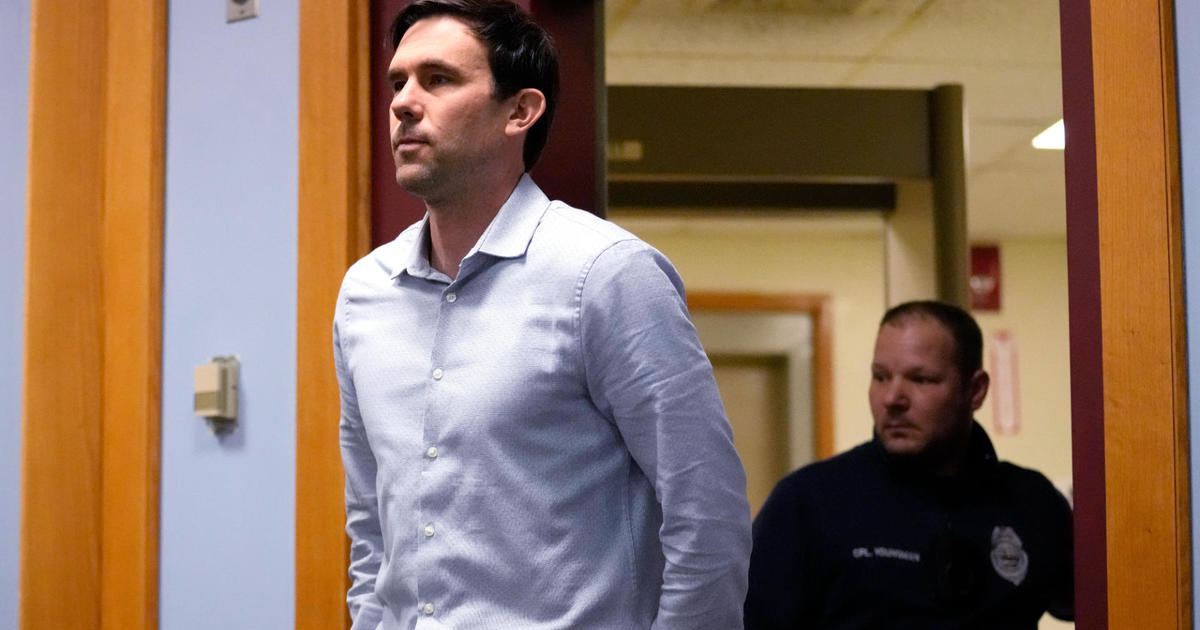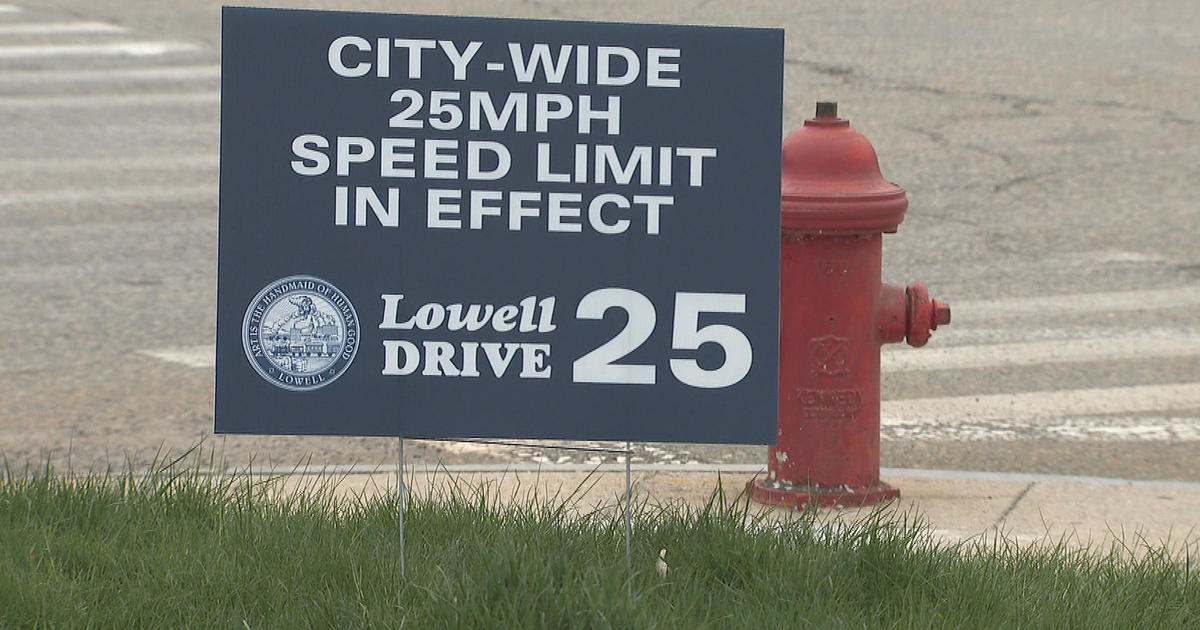NH Lawmaker Stalemate Could Cause Spike In Infrastructure Costs
CONCORD, N.H. (AP) — A legislative stalemate over raising the gas tax and legalizing a casino could jeopardize the state's biggest transportation priority and drive highway contractors out of New Hampshire to look for work in nearby states willing to fund infrastructure improvements.
The New Hampshire House passed a gas tax this year that the Senate killed, while the Senate passed a casino bill that the House rejected. Transportation Commissioner Chris Clement said this week that he's worried funding won't be available to finish expanding Interstate 93 — the top priority — as well as make other highway improvements.
"They've got to follow the work," Clement said.
Lawmakers hoping to keep the I-93 project alive say funding must be in place next year to keep contractors from seeking guaranteed work elsewhere. They point to Massachusetts, which has just begun an effort to pump billions of dollars into its transportation network over the next decade.
They'll try to break the stalemate next year with bills to raise the state's 18-cent gas and diesel tax and to legalize casino gambling. Some money from a casino could be used for highway projects. The Senate rejected a phased-in 12-cent increase this year to the tax, which hasn't been raised since 1991. Details have not been released on the Senate proposal for next year, but its prime sponsor said it won't be as big of an increase.
"It's not an exaggeration to say we have a catastrophic situation with our infrastructure," said House Public Works Chairman David Campbell, who sponsored this year's defeated gas tax bill.
Campbell and other supporters of increasing funding for roads and bridges are adopting a new tactic for next year. They're gambling that the House can be swayed to pass a casino bill and that the Senate can be persuaded to hike the gas and diesel tax.
The risk is high that each chamber will stick to its established position and no revenue bill will pass.
That keeps Clement awake at night. The expansion of I-93 from four lanes to six lanes — and potentially eight — from the Massachusetts border to Manchester to ease traffic congestion and spur economic growth will stop, and even if the $250 million needed is later approved, construction won't be done before the state's environmental permit expires in 2020, which would lead to further delays and higher costs, he said. Design work on the remaining I-93 sections is being done in hopes money will be available within the next year to begin work in 2015.
The department also will begin running a deficit starting in mid-2015 that could force Clement to lay off up to 600 of his 1,600 workers and reduce services, including how often snowplow trucks complete circuits during storms.
More money is needed — and soon — to keep contractors from migrating to other jobs and to keep the department operating smoothly, Clement said.
"I am revenue agnostic. It doesn't matter where the revenue comes from," he said.
Contractors working on I-93 say that whether or when they pull out depends on if there's money to do the work without leaving them idle waiting. Taxpayers will pay more if the job stalls, contractors said.
If a company already has its heavy equipment at the interstate, it costs less to move the machinery to a new site a few miles away, said Ryan Audley, vice president of R.S., Audley Inc., which is working on the Exit 4 interchange. If the equipment is moved to a new job location and later brought back, the costs for a contract can be hundreds of thousands of dollars higher, he said.
"We will have to go out of New Hampshire to bid projects," he said.
If lawmakers don't break the stalemate, Clement says he won't pour all the state's limited resources into finishing I-93 when there are so many roads and bridges in need of repair elsewhere.
More than 350 municipal bridges are on the state's "red list" of structures badly in need of repair or replacement. An additional 140 bridges owned by the state are also on the list. The state has roughly 1,600 miles of state roads in poor condition, 1,900 miles in fair condition and 800 in good condition.
"We cannot let the rest of the state starve on the back of I-93," he said.
Copyright 2013 The Associated Press. All rights reserved. This material may not be published, broadcast, rewritten or redistributed.



